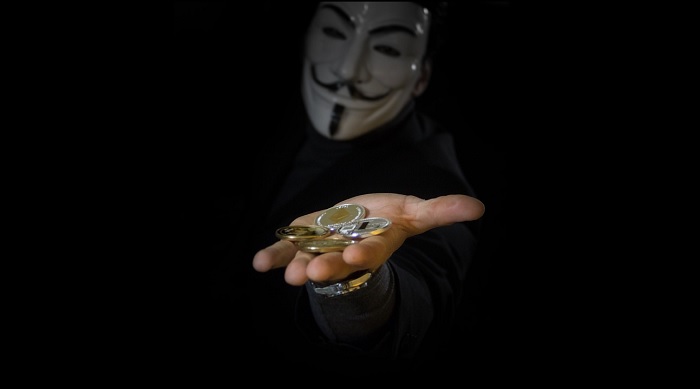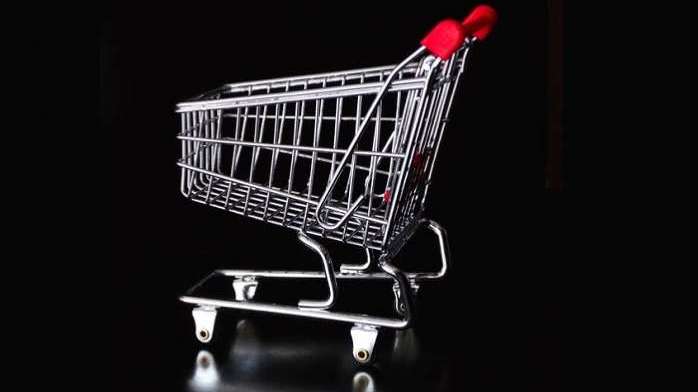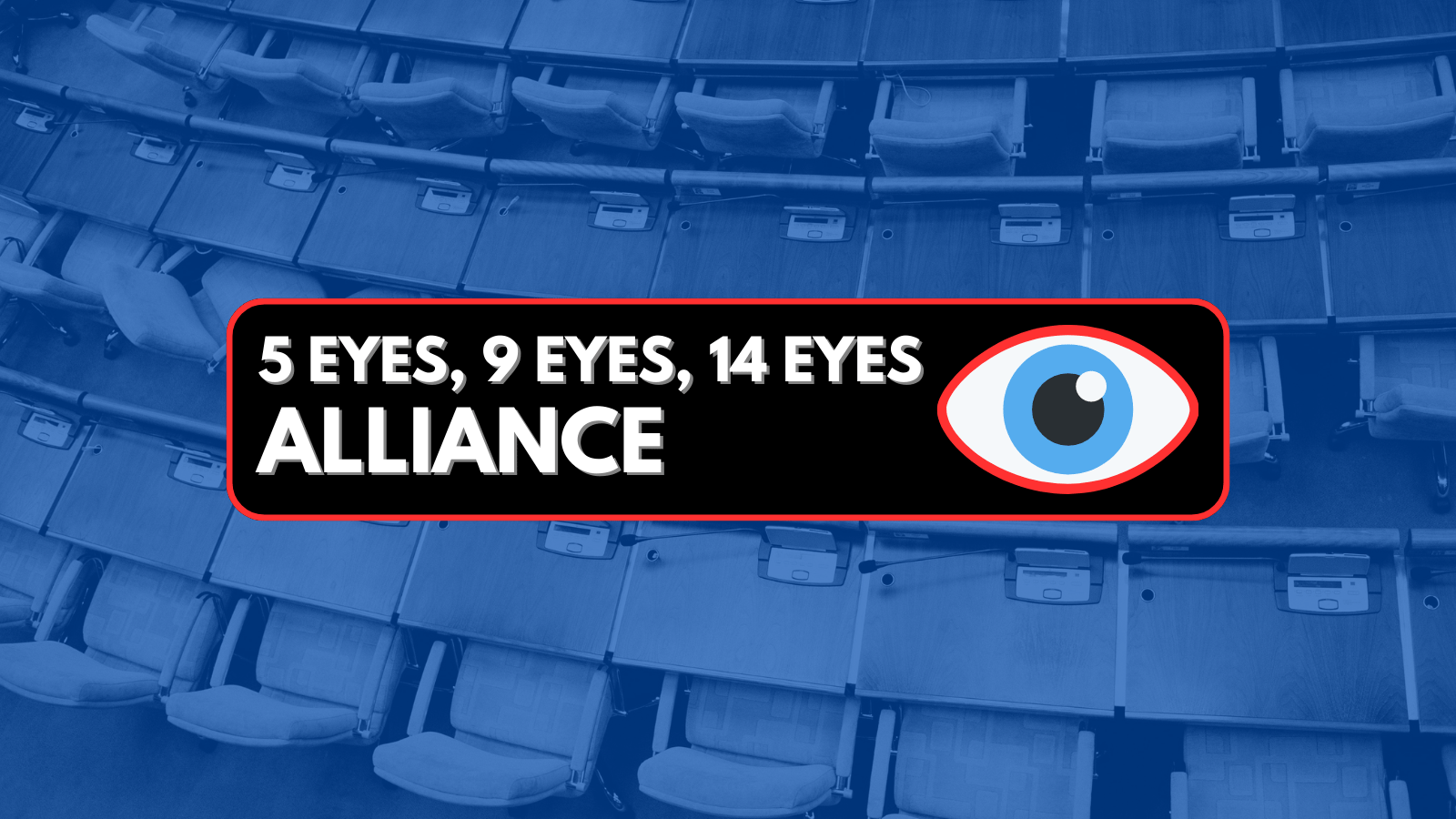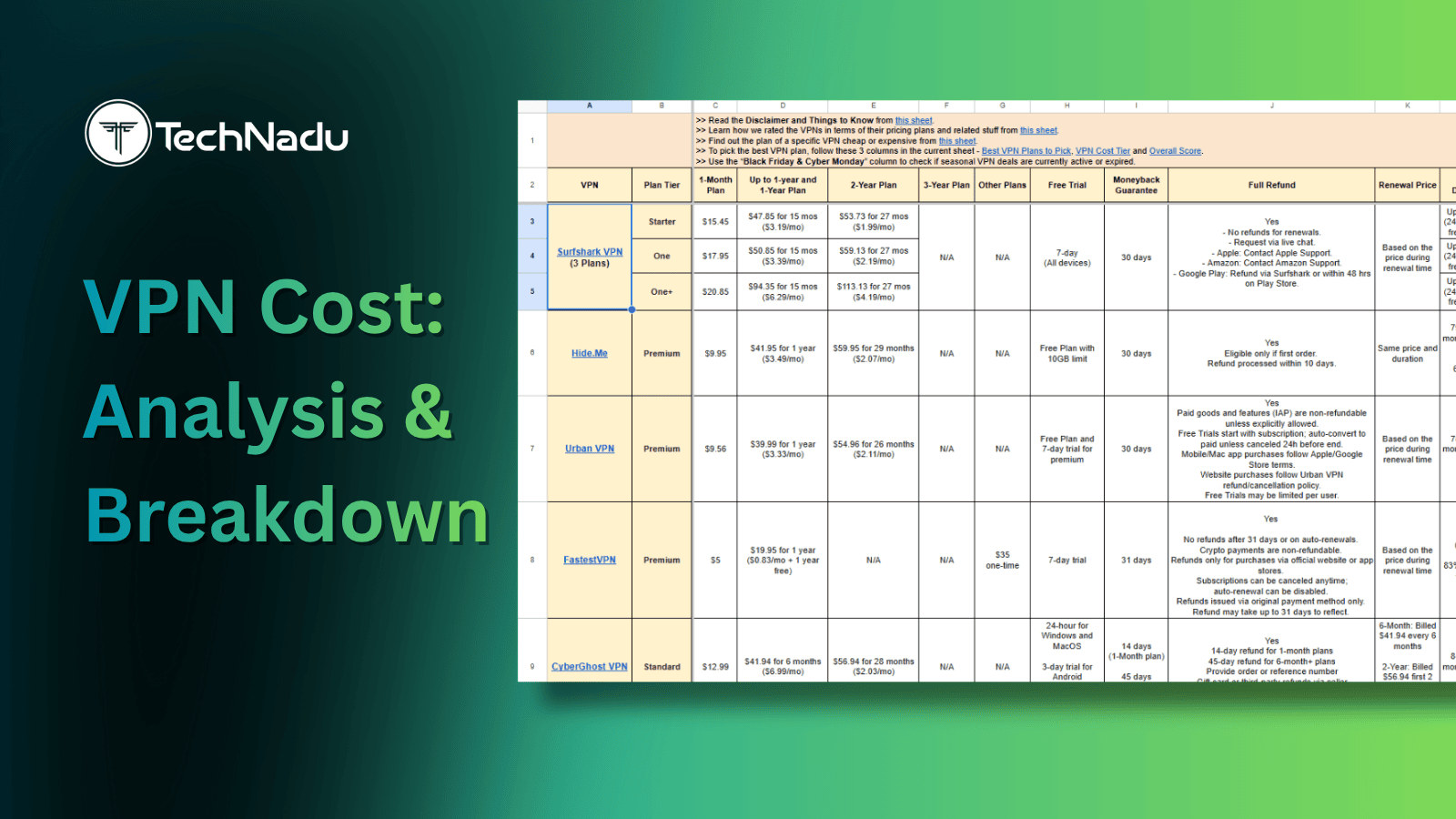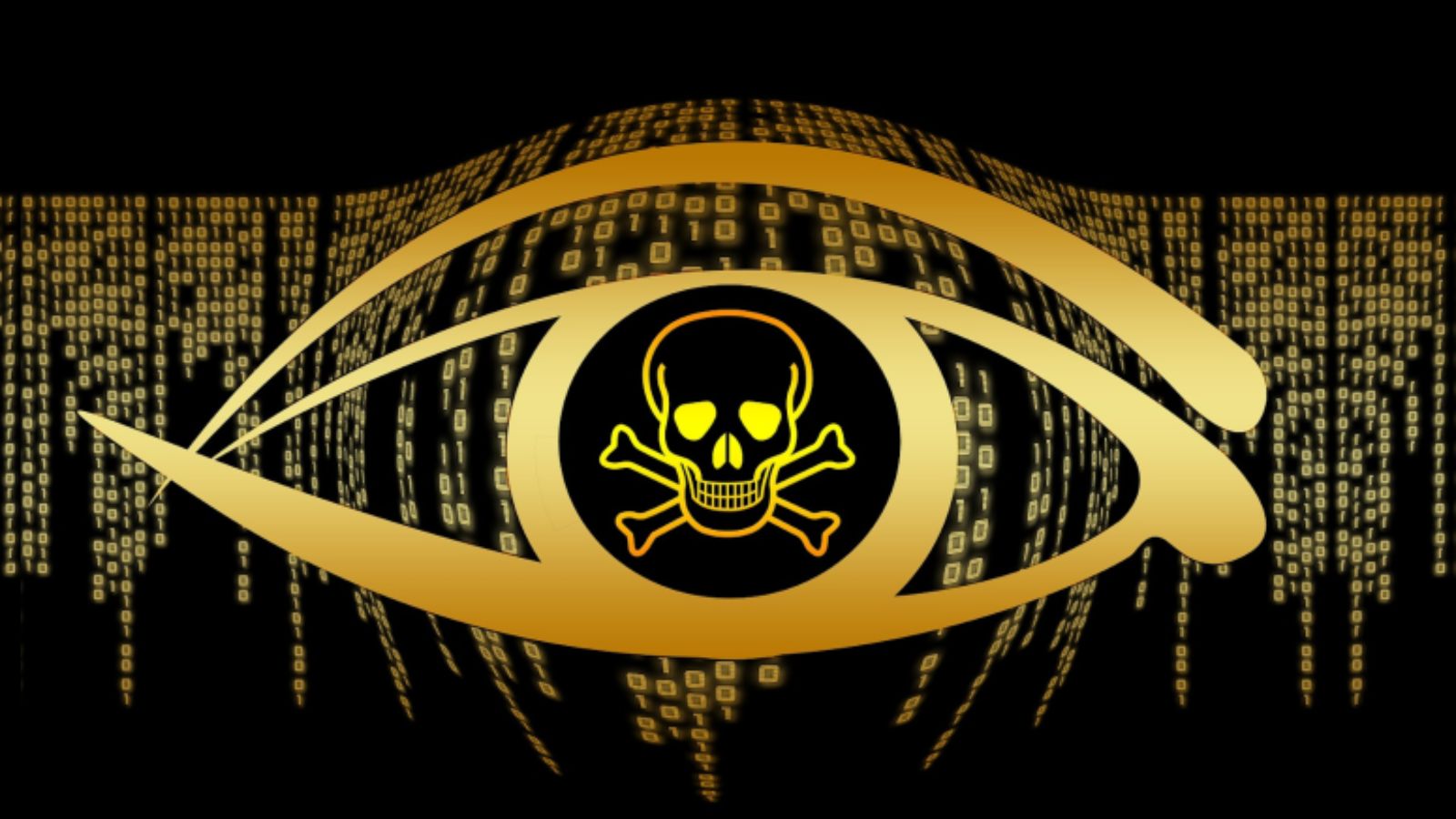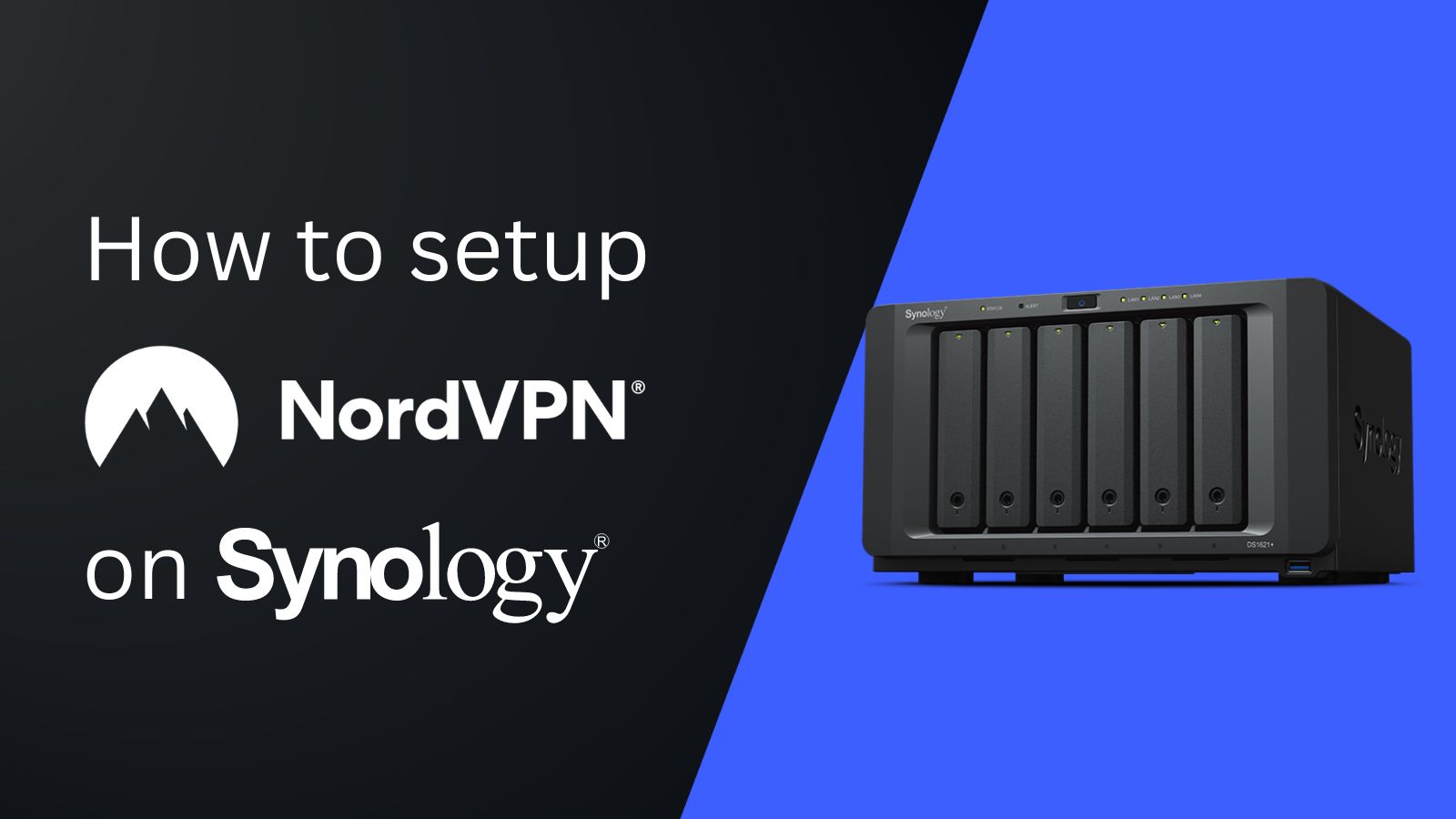
What Do You Really Know About Dark Web Black Markets?
The idea of a "black" market isn't hard to understand in principle. It's a place where goods and services are sold, just like any other market. The difference comes from the type of goods and services one might procure from that black market. More often than not what's for sale is on the wrong side of the law. Whether you think that law makes sense or not. Black markets are often characterized as being dangerous and full of people who'd like nothing more to cheat you. After all, it's not like you can run to the cops if you get into trouble.
In some ways, the black markets of the Dark Web are similar to their meatspace equivalents. In other ways, things couldn't be more different. If you've been feeling curious about what the deal is with Darknet Markets, now's the time to pull up a chair and listen.
How the Dark Web Enables Black Markets
If black markets are going to flourish on the internet, why the Dark Web? What makes it so special and, ultimately, so attractive to criminal entrepreneurs?
It comes down to the special technologies that underpin the Dark Web. Unlike the Deep Web, the Dark Web is hidden from search engines and other internet mapping efforts on purpose. By using sophisticated, multi-layer encryption and a vast network of volunteer computers to randomly route data through, the Dark Web is a paradise for those who want to remain anonymous.
In addition to this technology, the rise of decentralized digital currencies such as Bitcoin has opened the door to trade on the Dark Web. Now you can both view and purchase products without serious risk of having your identity exposed.
Combining these technologies into a cohesive whole, a perfect incubator for digital black markets it born.
Buying and Selling on Darknet Markets
Anonymity and a method of getting money across the web are all good and well. It enables Darknet Markets in principle, but it's not what drives them. The value that these black markets provide. No, it's trust that makes Darknet Markets function. A commodity that's very scarce and therefore valuable on the Dark Web.
Darknet Markets act as neutral third-party actors in every transaction. They bring buyer and seller together, but they also offer safety nets such as escrow services. Using these platforms, buyers and sellers can often rate one another. Scammers can be rooted out quickly and none of the parties need to know anything of the consequence of each other. It's an arrangement where all three stakeholders have an incentive to play by the rules. In a world where no one can trust one another, making sure no one stands to gain more by cheating is the only way the market will work.
So purchases usually follow a fairly typical pattern. The buyer sees something they like. They order it and pay the amount. The market keeps the money in escrow and the seller can see that the payment has been made. When the buyer receives their goods the money is released. This is known as "finalizing" and should really only happen after the goods have arrived.
How do the goods get where they are going? Surprisingly, sellers often just use the postal service. Alternatively, they'll use black market couriers to leave things in dead drops or some other low-profile method.
What's On the Menu?
You may be wondering what sorts of things people actually buy on the Dark Web. We have a more detailed article about that very topic, but it's easy to outline the most important things people will fork out Bitcoin for.
The biggest product category is without a doubt narcotics. The Dark Web has become the place to go if you want drugs. Especially if you don't enjoy the risk and danger of buying your preferred chemical from a street thug.
Apart from drugs, the remaining items vary. Weapons such as illegal firearms are popular. There are also services, such as hacking. People can buy stolen information, such as credit card numbers too. There's also plenty of illegal pornography on sale.
To be clear, not every Darknet Market deals in every possible type of illegal item. Some will not touch guns or illegal sexual material. They also don't exclusively sell illegal things. There are often perfectly legal items as well.
The Most (In)Famous Former Darknet Markets
There are plenty of Darknet Markets doing business today, but it's safe to say that for now, the big, golden age of Dark Web trade is over. It seems that every week another black market is closed down by the FBI or some other three-letter agency. Still, there are a few Darknet Markets that are the stuff of legends. They may no longer be around, but at their peak these markets made billions.
Silk Road
The Silk Road is, for all intents and purposes, the first Darknet Market that really mattered. It laid down the template for all the markets that would follow. You can read about Silk Road in our detailed article, featuring the story of this infamous market.
It's a story of intrigue, faked murders, a mountain of money and the eventual jailing of a whole list of people. Including the Silk Road founder "Dread Pirate Roberts". It's well worth a read. The Silk Road was shut down by the FBI in 2013.
AlphaBay
Not too long after the Silk Road cease to be, a new king of the hill arose. Alphabay had over 400 000 users. While Alphabay sold pretty much the same types of products that the Silk Road did, it grew to a much larger size. At its peak, it was ten times as large as the Silk Road ever was. The government eventually got to Alphabay too, but it operated for an impressive (almost) three years before finally going down.
Hansa
With Alphabay out of the picture, the next pretender for the crown would have been its competitor Hansa. Only, Hansa had secretly been taken over by the authorities and turned into a trap. Following the shutdown of Alphabay users moved over to Hansa, now knowing it was meant to expose them. Which is why Hansa will live on in infamy.
Darknet Markets That Are Still Going Strong
While the legends all seem to be no more, there are still plenty of markets that are still operating today. Markets that have learned from the mistakes that took down pioneering operations.
While no one knows how long any Darknet Market is going to last, for now, these markets are still pulling in a lot of activity.
Dream Market
Dream Market came about around the time Silk Road bit the dust. While it's hard to quantify the size of these markets, there's little doubt that Dream is the one to beat at the moment.
With about 60,000 drug listings (if you include opioids), Dream has something for everyone it seems. In addition, the usual stolen data and other illegal goods are also for sale.
Dream Market is curious for a few reasons. It survived the closure of Hansa and Alphabay, which lead to rumors that, like Hansa, Dream had been taken over and turned into a trap. Even worse, the Dream's admin was arrested in 2017. Yet the Dream remains online. Still, it seems to have weathered the storms for now and as such is also still king of the hill.
Wallstreet Market
Wallstreet Market obviously has nothing to do with Wall Street, the home of the stock exchange. Although some might argue that Dark Web markets have to go a long way to match the real Wall Street for dubious morality!
Wallstreet is fairly large, with an official claim of about 3000 sellers and a wide variety of product categories. It doesn't have quite the reputation for being trustworthy that Dream has.
Point/Tochka
This market is of Russian origin and brings quite a few new features to the industry. It has support for dead drops built in and is designed in such a way that you don't have to communicate directly with sellers. Which lessens opportunities for stings.
Point isn't as stable as Dream or Wallstreet but has a strong following thanks to customer service from the admins and a rich variety of goods.
The Dangers of Exit Scams
While it's true that markets are essentially selling trust on the Dark Web, there are of course other actors who take advantage of this arrangement. Some new Dark Net markets are not what they seem to be. They operate for just long enough in order to build up a decent customer and seller database. Money is flowing, people are getting paid and everyone is happy.
Then, just when it's all going so well, the site goes dark. People can't log in to their accounts. All the money being held in escrow - it's gone. The biggest and worst example is probably Evolution. When this market suddenly closed down in 2015, it took over $12 million in Bitcoin with it. Ouch!
Why You Should (Not) Buy From the Dark Web
So by now, you should have a pretty good idea of what a Darknet Market is, what people buy there and how they do it. So perhaps now you're thinking if you should actually buy something from the Dark Web.
Look, we would never presume to judge anyone or tell them what to do, but the risks involved in buying anything from a Dark Web market, even if you take every precaution, is rather high. These markets and law enforcement are fighting an endless game of cat and mouse. If the market is seized, your information may be seized too. Moreover, the market itself may end up betraying its users once it's made enough from them. The list of things that can go wrong is very, very long. So our advice is to think at least twice.
Have you ever bought something from a Dark Web market? Would you ever consider it? We'd love to know! If you think this article was worth reading, please share it with your friends. Don’t forget that you can follow us on Facebook and Twitter. Thanks for reading!



